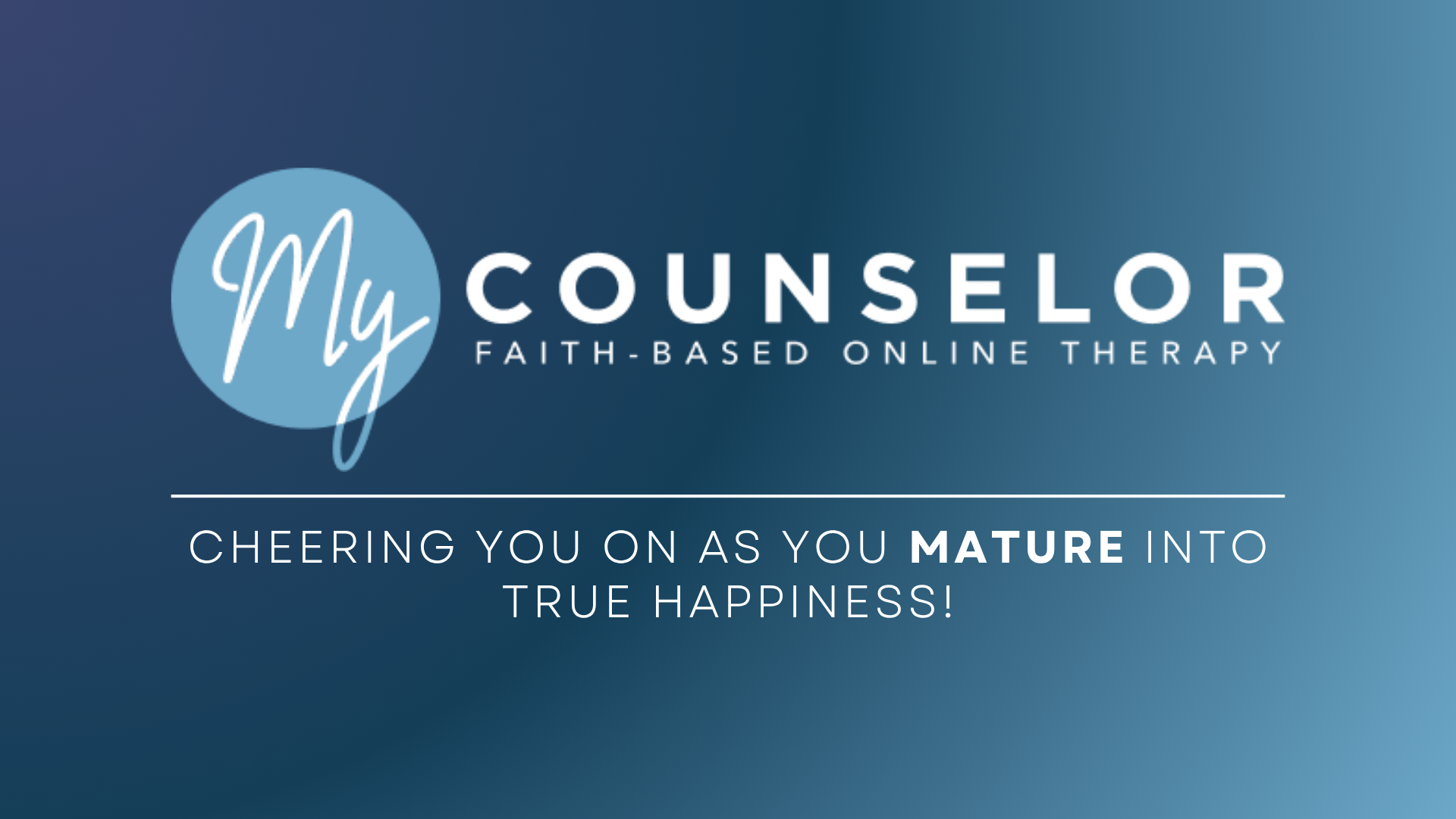Navigating Conflict and Reconciliation with Adult Children: Practical Tips for Parents
This article is based on scientific evidence and clinical experience, written by a licensed professional and fact-checked by experts.
Posted: May 9, 2025
Estimated reading time: 9 minutes
In This article

Family Therapy
with a 93.6% success rate!
Practical Tips for Parents Seeking Peace and Connection
The relationship between parents and children is sacred—and complex. It can bring deep joy, but also pain, confusion, and heartbreak, especially as children grow into adulthood and begin defining boundaries in new ways.
If you’re a parent feeling lost in the ache of conflict with your adult child, you’re not alone. We hear these kinds of stories every week:
- “My daughter wrote me a letter listing everything I did wrong as a parent.”
- “My son’s therapist is blaming me for his anxiety—and now he won’t even talk to me.”
- “We used to be so close. Now I feel like a stranger.”
These moments feel like your heart is being torn in two. Maybe you’re overwhelmed by guilt. Or furious at the unfairness. Or frozen in fear of losing your relationship altogether. Wherever you are emotionally—God sees it, and He cares deeply.
Let’s talk about how to move forward. Because reconciliation is possible. And you don’t have to walk this road alone.
You’re Not Crazy for Feeling This Way
Conflict with an adult child can stir up a tangle of intense emotions:
- Shock: How did we get here?
- Fear: Will I lose my child… or my grandchildren?
- Anger: I wasn’t perfect—but I did my best!
- Sadness: I miss who we used to be.
- Hopelessness: What else can I even do?
These feelings make sense. They reveal just how much you love your child—and how deeply you long for repair.
What Not to Do (Even If It Feels Right)
In our attempts to “fix” things, it’s easy to fall into a few common—but unhelpful—patterns:
- Denying their experience (“That’s not how it happened!”)
- Explaining your intentions (“I only did that because…”)
- Over-apologizing to smooth things over (“I’m sorry for everything—can we move on?”)
Though these responses come from a place of pain and love, they often make your child feel unseen, unheard, or dismissed.
A Healthier, More Hopeful Approach
Instead of rushing to defend yourself or patch things up, consider this path:
- Pray for a soft heart. For both of you. Ask Jesus to help you show up not with perfection, but with presence.
- Seek understanding before agreement. You don’t have to agree to understand. Listening well is a powerful step toward healing.
- Stay humble and curious. None of us remembers the past perfectly. Lead with grace—for yourself and your child.
Judy and Melinda: A Story That Might Feel Familiar
Judy received a letter from her adult daughter Melinda, listing childhood hurts Judy didn’t even remember—or remembered very differently. Now Judy feels shocked, heartbroken, and stuck.
Sound familiar?
It’s okay if you don’t know what to say. It’s okay if your emotions feel too big to hold. This is where support can be life-giving.
Practical Steps to Begin the Conversation
- Set the stage: Pick a time and place that promotes safety—not pressure.
- Take breaks: It’s okay to pause when emotions run high.
- Ask open-ended questions: “Can you tell me more about that?”
- Validate feelings: “I can see how that would feel so painful.”
- Own what you can: “You’re right—I didn’t realize how that impacted you. I’m sorry.”
- Express gratitude: “Thank you for trusting me with this.”
- Ask permission to share: “Would it be okay if I share how I experienced that moment?”
These aren’t just strategies—they’re ways to embody Christ-like love in the hardest conversations.
Healing Takes Two—and Sometimes a Guide
Here’s the truth: reconciliation is hard. It takes honesty, humility, and mutual effort. And sometimes, it takes help.
Many families find that having a compassionate, biblically grounded counselor in the room changes everything.
That’s why we created MyCounselor.Online—to make that kind of help accessible, faithful, and deeply effective.
Our therapists are trained in Neuroscience Informed Christian Counseling® (NICC)—a model that blends the best of clinical science with the wisdom of Scripture. We don’t just address behavior or offer quick fixes. We guide people through transformational, Spirit-led healing—because Jesus designed your brain to heal and your soul to thrive.
You Don’t Have to Carry This Alone
If this article feels personal—it’s because it is. This pain you’re facing? It matters to God. And it matters to us.
Whether you’re grieving a cutoff, navigating a tense relationship, or just unsure how to move forward, you don’t have to do it alone.
Our NICC-trained Christian therapists are here to walk with you. No judgment. No pressure. Just presence, wisdom, and support rooted in both Scripture and science.
💬 Ready to take the next step? Visit MyCounselor.Online and schedule a free consultation. We’re here when you’re ready.
Final Thoughts
Reconciliation is not a straight line. It’s a sacred, winding path—filled with risks, yes, but also with hope.
You don’t have to be perfect to begin. You just have to be willing.
And friend? That willingness is the beginning of healing.
We’re cheering you on. And we’re here when you need us.
Family Therapy
with a 93.6% success rate!
Back to topThis article is based on scientific evidence and clinical experience, written by a licensed professional and fact-checked by experts.
About the Author

Danielle Schaefer
Danielle Schaefer M.MFT, LMFT-A, has Bachelor’s degrees in Psychology and Family Studies and in Biblical Studies. She has a Master’s in Marriage and Family Therapy. She is a Licensed Marriage and Family Therapist Associate, holding licensure in Ohio.
Learn More About DanielleIn This article
References
- Cloud, H., & Townsend, J. (2017). Boundaries updated and expanded edition: When to say yes, how to say no to take control of your life. Zondervan.
- Johnson, S. M. (2019). Attachment theory in practice: Emotionally focused therapy (EFT) with individuals, couples, and families. Guilford Publications.
- McGoldrick, M., Preto, N. G., & Carter, B. (2016). The expanding family life cycle: Individual, family, and social perspectives. Boston: Pearson.









